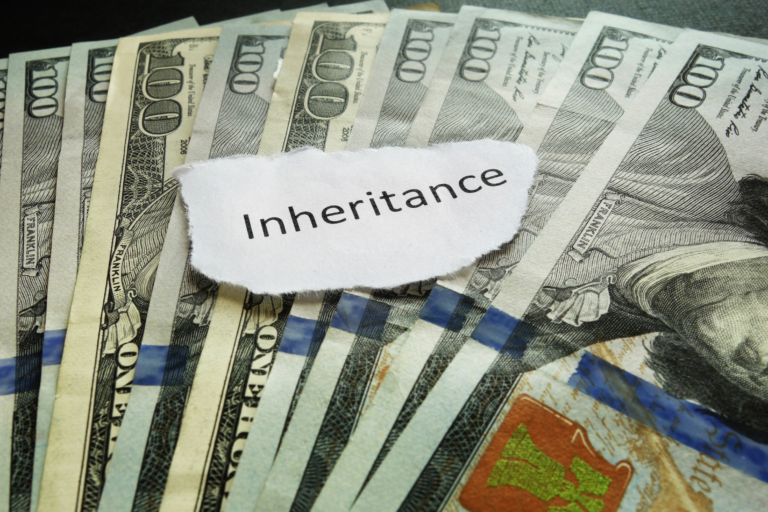As a small business owner, have you considered what will happen to your company in the event of unforeseen circumstances? While it may not be part of your plan to anticipate unfortunate events, estate planning for small business owners is a vital step to protect your company’s future.
In this guide, we will delve into why estate planning is essential for small business owners and how our expertise can assist you in achieving your estate planning goals.
The Significance of Estate Planning for Small Business Owners
Small business owners shoulder significant responsibilities, requiring them to anticipate various scenarios, including the possibility of incapacity or death. It is imperative to analyze and plan for the continuity of the business under such circumstances. Considering that your business may represent your most substantial individual asset, integrating it into your estate plan is of utmost importance. Here’s why:
- Securing Business Continuity:
- Ensures that your business can continue to operate, be managed, or even be transferred in the event of your incapacity or death.
- Reducing Estate Transfer Taxes:
- Helps minimize estate transfer taxes, safeguarding the financial well-being of your business.
Ensuring the Continuation of Your Business
Imagine a scenario where you are unable to run your business, handle financial matters, or make critical decisions. Have you considered who will take charge in your absence? Planning for the legal transfer of your business is crucial, especially in unexpected circumstances like sudden incapacitation or death. A well-thought-out plan ensures your business can continue operating, be transferred to another person, or even benefit your family through a sale.
By expressing your wishes within a legal framework, you provide clarity and ensure your desires are honored in the event of unfortunate circumstances.
Saving on Estate Transfer Taxes
Studies indicate that a significant percentage of small or family businesses struggle to survive after the owner’s death, with the IRS and estate taxes playing a crucial role in this challenge. Estate tax rates can be as high as 40% of the estate’s value and must be settled within nine months of the owner’s death, presenting a considerable financial burden.
To avoid this financial strain, careful planning is essential. By implementing strategic estate planning, you not only benefit personally but also safeguard the future of your business and the financial well-being of your family.
How an Attorney Can Assist with Estate Planning for Small Businesses
A knowledgeable attorney plays a crucial role in developing effective estate planning strategies tailored to your goals. Some planning tools include:
- Powers of Attorney: Granting authority to manage your business in your absence.
- Partnership Agreements: Defining actions in the event of a partner’s death or retirement.
- Buy/Sell Agreements: Allowing shareholders to take control of the business in your absence.
- Beneficiary Designations: Enabling your beneficiaries to receive business interests upon your death.
An experienced estate planning attorney will guide you in utilizing these mechanisms to ensure business continuity and minimize estate transfer taxes. They will help seamlessly integrate these tools into your overall estate plan.
Get Specialized Assistance for Estate Planning for Small Business Owners
If you seek specialized legal services for estate planning tailored to small business owners, we are here to help. Call us at (305) 921-0976 or email [email protected], and let us assist you in handling the estate planning for your small business with expertise and care.






